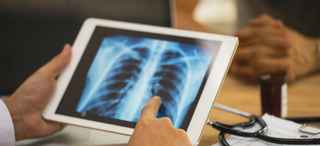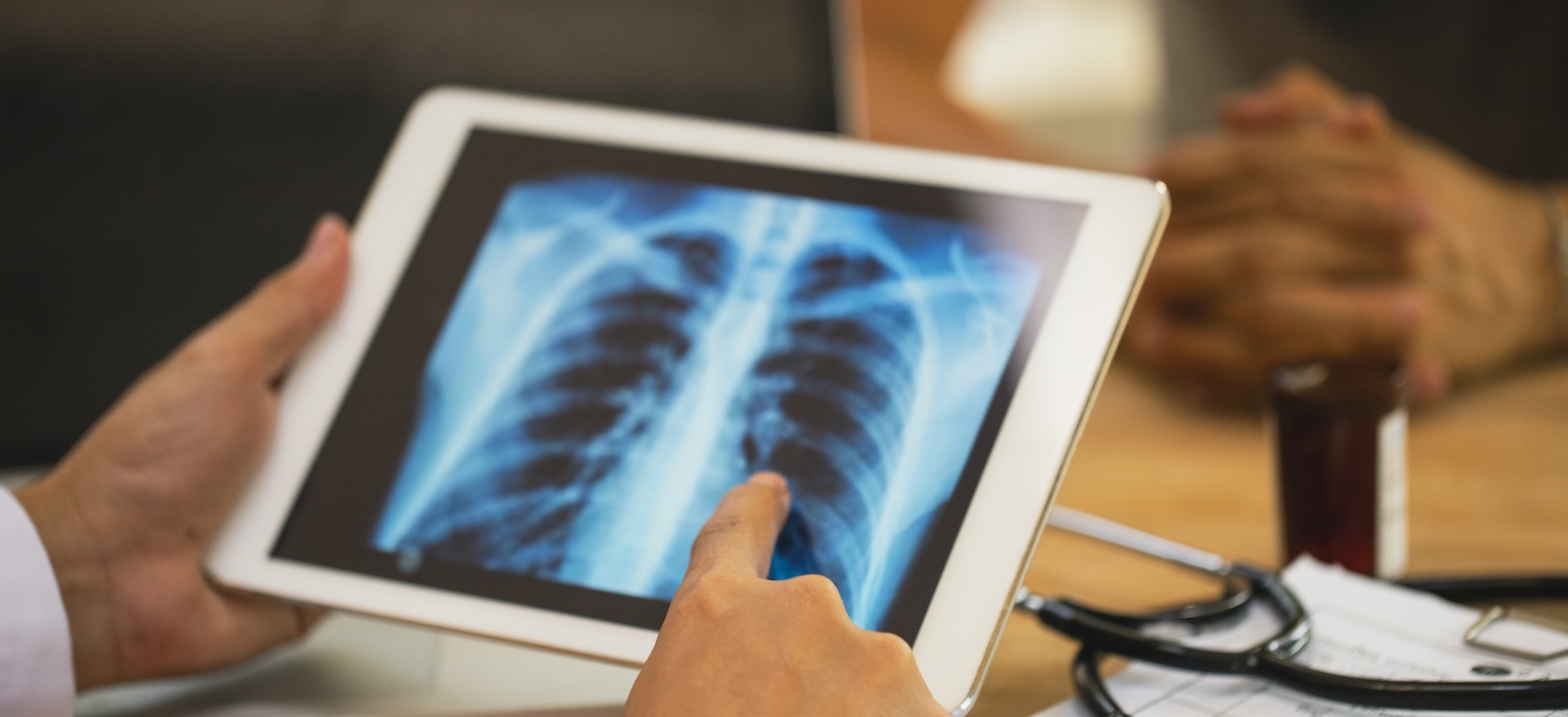Lung cancer is often diagnosed in the late stages of the disease, largely because there are few or no symptoms in the early stages. Having an awareness of the risks and reducing them, plus early detection, can change a person’s outcome.
Reducing the Risk of Lung Cancer
The most common cause of lung cancer is cigarette smoking, which is linked to 80 to 90 percent of lung cancer cases. People who quit smoking have a lower risk of lung cancer than if they had continued to smoke, but their risk is higher than the risk for people who never smoked. Quitting smoking at any age can lower the risk of lung cancer.
UT Southwestern offers a nicotine cessation program to help anyone quit smoking or stop using other nicotine products. Our program offers a supportive, non-judgmental environment that can help people overcome nicotine addiction. Call 833-722-6237 for details.
Secondhand smoke also contributes to lung cancer and should be avoided.
Inhaling chemicals such as radon at a workplace can also cause lung cancer. People who work around chemicals should take safety precautions and use breathing equipment or masks.
The odds for developing lung cancer are higher for those who have a family history of lung cancer or a history of lung disease.
Early Detection
Early detection and diagnosis of lung cancer are major factors in treatment strategy and can improve a person’s chances for a successful outcome.
For those at high risk for lung cancer, UT Southwestern offers a computed tomography (CT) screening test, possibly at no cost to the patient, that can detect lung cancer early.
This screening program is for patients who:
- Are 50 years of age or older
- History of smoking one pack a day for 20 years
- No other lung disease issues
- Currently smoke or have quit within the past 15 years

